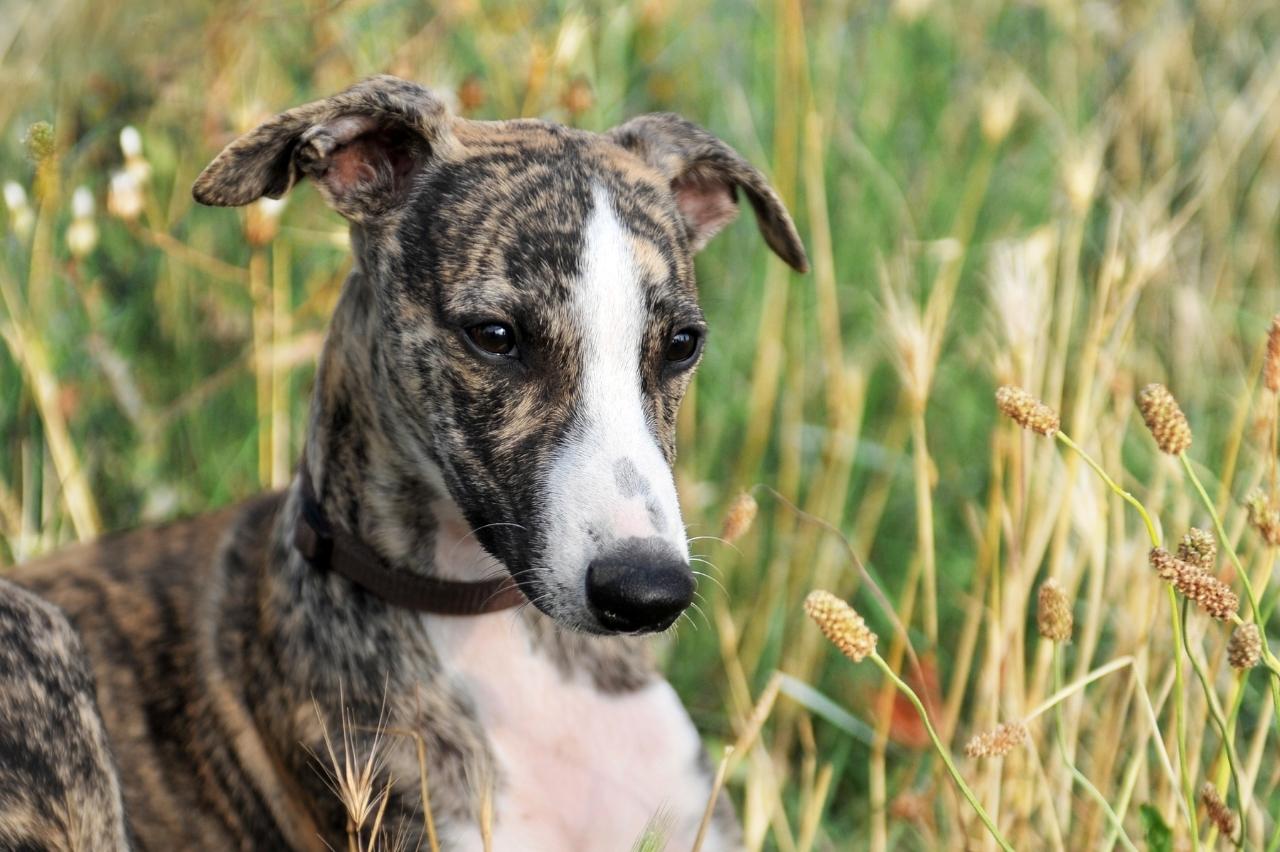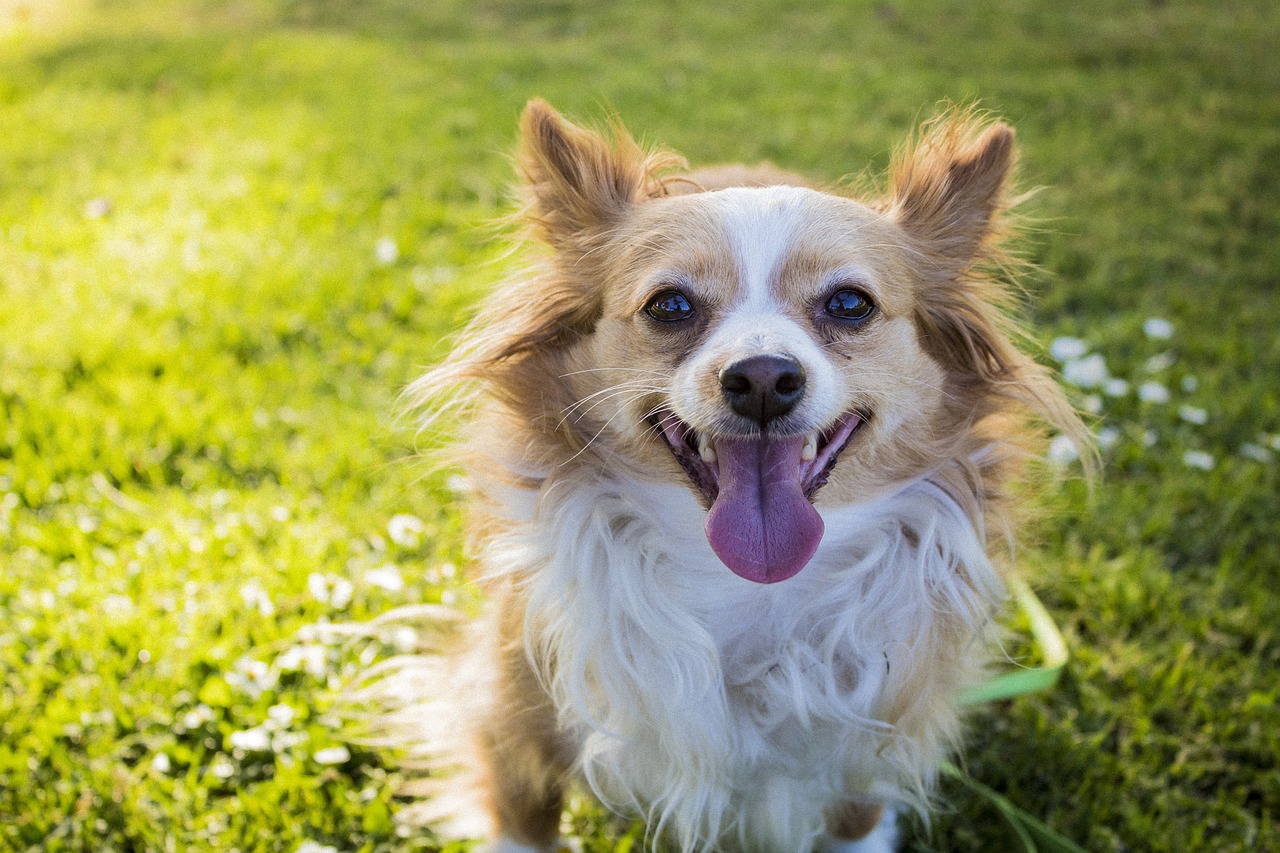When we think about our furry companions, we often imagine them as brilliant problem-solvers who understand our every word. However, scientific research reveals that some dog breeds struggle more than others when it comes to cognitive abilities and learning new commands.
What scientific studies reveal about canine intelligence
Researchers from the University of Helsinki conducted an extensive study published in Nature Scientific Reports in 2022. Their findings shed light on which breeds perform better in cognitive tasks and which ones face more challenges.
The Finnish research team designed comprehensive tests to evaluate different aspects of canine intelligence. Dogs participated in various cognitive challenges that measured their ability to interpret human gestures, retain short-term memory, and tackle problem-solving scenarios. One particularly interesting test involved presenting dogs with an impossible task: accessing food sealed inside a container they couldn’t open.
Professor Stanley Coren also contributed valuable insights through his research documented in “The Intelligence of Dogs.” His work analyzed 130 different breeds and included surveys from over 200 professional dog obedience judges across Canada and the United States. This comprehensive approach provided a solid foundation for understanding breed-specific cognitive patterns.
The Afghan hound takes the bottom spot
According to multiple scientific studies, the Afghan hound consistently ranks as the breed with the most significant learning challenges. These elegant, magazine-worthy dogs with their flowing coats face difficulties understanding commands and interpreting human gestures.
Research indicates that Afghan hounds require more than 80 repetitions from trainers to grasp a new command. Even more telling, these dogs obey first-time commands less than 25% of the time. While they possess undeniable beauty and grace, their cognitive processing works differently compared to other breeds.
It’s important to note that intelligence in dogs manifests in various ways. What researchers measure as “intelligence” often focuses on obedience, problem-solving, and human communication skills. Afghan hounds may excel in areas not captured by traditional testing methods.
The complete ranking of challenging breeds
The scientific studies identified several breeds that consistently perform below average in cognitive assessments. Here’s the complete list of breeds that face learning challenges:
- Afghan hound
- Basenji
- Bulldog
- Chow Chow
- Borzoi
- Bloodhound
- Pekingese
- Beagle
- Mastiff
- Basset Hound
- Shih Tzu
Interestingly, many of these breeds were originally developed for specific purposes that didn’t require immediate obedience to human commands. Bloodhounds, for example, were bred to follow scent trails independently, while Basenjis developed as hunting dogs that worked autonomously in African wilderness.
Understanding the research limitations
Dr. Saara Junttila, co-author of the Helsinki study, emphasized that most breeds demonstrated unique strengths and weaknesses. For instance, Labrador retrievers excelled at reading human gestures but struggled with spatial problem-solving tasks. Meanwhile, Shetland sheepdogs showed consistent performance across nearly all test categories.
These findings remind us that canine intelligence isn’t one-dimensional. Some dogs excel at independent thinking, others at following commands, and many show remarkable emotional intelligence that traditional tests can’t measure. The breeds labeled as “less intelligent” often possess other valuable traits like loyalty, protective instincts, or specialized working abilities.
Practical tip for owners: Remember that every dog is an individual, regardless of breed reputation. Focus on positive reinforcement training, be patient with your pet’s learning pace, and celebrate their unique personality traits. Even if your dog belongs to a breed on this list, consistent training and love will help them reach their full potential.

 6 days ago
19
6 days ago
19


















 English (US) ·
English (US) ·